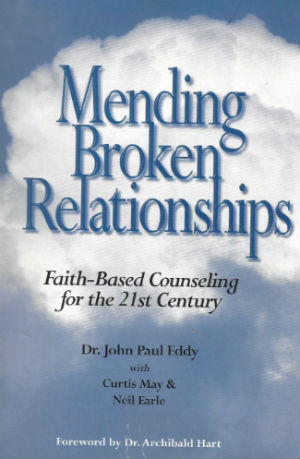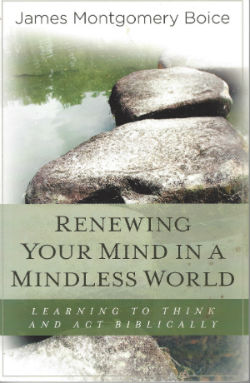The ‘Why’ of Drug Addiction – Diagnosis before Cure
By Neil Earle
 HILLBILLY ELEGY best-seller reported the crisis sweeping much of the hurting heartland.
HILLBILLY ELEGY best-seller reported the crisis sweeping much of the hurting heartland.(I recently attended a conference in Memphis, TN where practical issues were addressed relating to drugs, jobs and the economy.)
Everyone knows America’s drug addiction crisis has skyrocketed in recent years, especially with the dreaded new scourge of opioids added to the mix.
To that end I recently attended an American Conservative Union Foundation Workshop held in Memphis, Tennessee on July 2. The theme was Jobs and the Economy. (Full disclosure – I am not a Republican or Democrat but still a Canadian citizen.)
Of the many trenchant and practical talks given one that stood out for me was given by Grant Collins, senior vice president of a non-profit named Fedcap designed to help people with barriers to finding work.
One of these barriers as you can well understand is drug addiction.
I could tell Mr. Collins knew his subject. His own siblings have been affected as well as people he has helped from the NFL and the NBA and ordinary citizens trying to get back into the workforce.
“The one common trait in people who have slipped into dependency revolves around a myopic lack of hope, a sense that there is no way out, the future seems to close in on people and they look for something to make them feel better. Unfortunately that is often the taking of drugs.”
 SUPPORT GROUPS are vital in the drug crisis – this book shows how to make them work" (available at Amazon.com).
SUPPORT GROUPS are vital in the drug crisis – this book shows how to make them work" (available at Amazon.com).What Works
Asked what traits seem to work in successful drug treatment programs he identified five:
First, ask if the program sets high expectations. Some form of personal responsibility is needed which means there are benefits in accepting even low income work for getting the basic training and renewed feelings of success and accomplishment.
Second, intentionality. Counselees have to believe the time to act is now; they have to commit to believing in the process.
Third, some form of personal responsibility is called for. “Head, hand and heart must all be engaged,” says Collins. “This is better than waiting for everyone else to help out.”
 RENEWAL: Noted pastor shows how to escape the grip of an often toxic culture and how to restore hope.
RENEWAL: Noted pastor shows how to escape the grip of an often toxic culture and how to restore hope.Fourth, foster an optimistic spirit of new beginnings. Here is where Faith can become a factor, a sense of something larger than the self involved in the process is crucial. He didn’t mention it but of course, the most successful rehabilitation program for alcoholics, AA, is all about seeking some form of a Higher Power.
Fifth, the celebration of success, encouraging people taking their first steps back. Mentors are vital here. Escaping addiction can be a long lonely road, almost impossible on one’s own.
I could not help but think how the principles we have been teaching at ORM and in the Reconcile newsletter these past 20 years or so revolve around these same points. Intentionality. High Expectations. Higher Power involvement. Compassionate mentoring. A lot of these tactics are discussed in our 2002 book “Mending Broken Relationships” which is still in print and used by a recovery agency in Alabama. Check it out on atimetoreconcile.org.